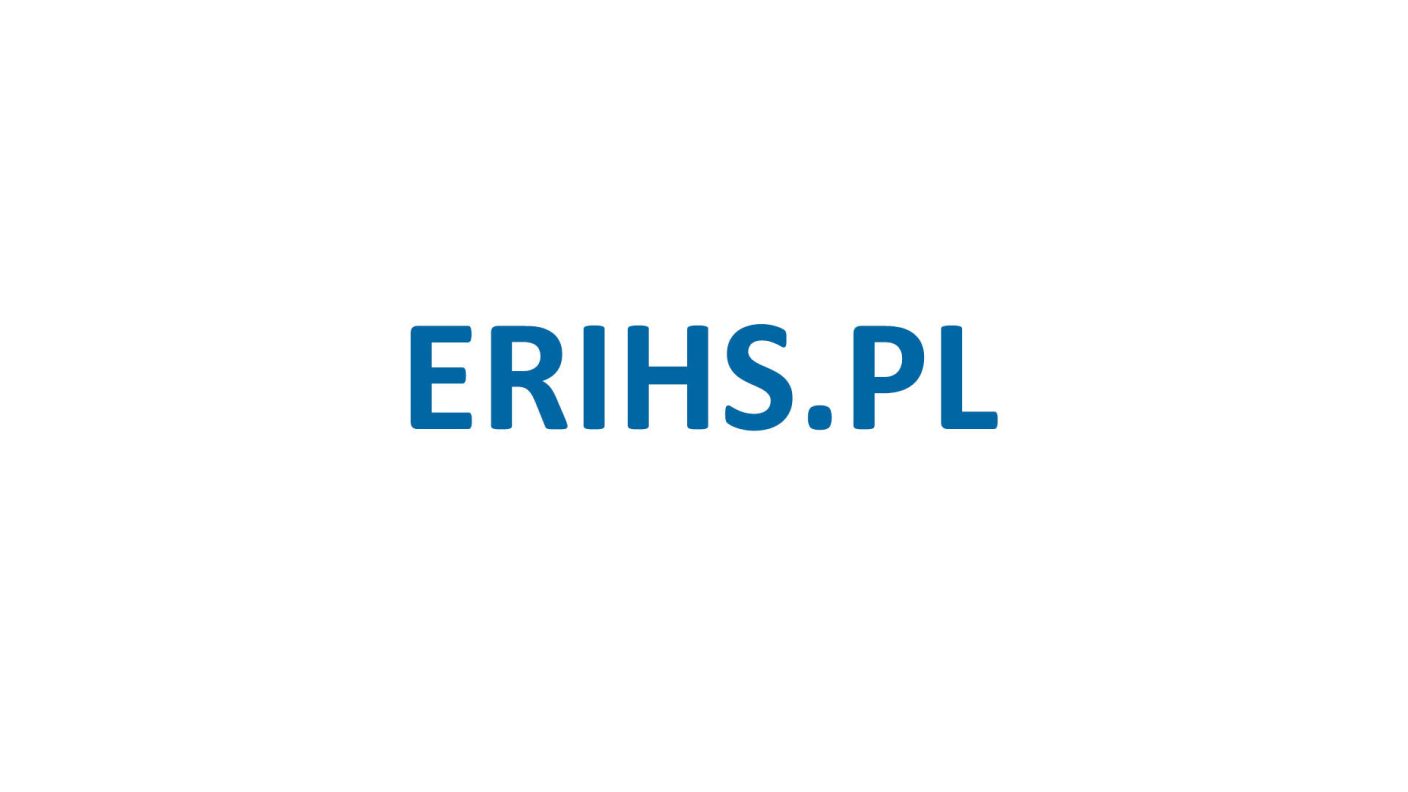
The main and direct objective of the project is to establish a national infrastructure dedicated to physicochemical research on cultural heritage. This infrastructure is going to address the identified needs of a wide range of users and will complement the existing research base and the current Polish R&D infrastructure.
The project will be implemented in Poland in the regions of Wielkopolska (Greater Poland), Kujawy & Pomorze (Kuyavia and Pomerania), Małopolska (Lesser Poland) and Dolny Śląsk (Lower Silesia).
The target groups of ERHIS.PL are both domestic (Polish) and foreign institutions, including members of the Project Consortium, research and development units, public entities (especially institutions involved in the protection and conservation of tangible cultural heritage), non-governmental organizations, and economic entities.
ERIHS.PL – Polish Research Infrastructure for Heritage Science – will consist of the following key distributed laboratories:
- Physicochemical Data Acquisition Laboratory supporting the analysis of cultural heritage objects in mobile or stationary mode.
- Raw and Derivative Data Space Laboratory offering secure and private data storage spaces compliant with FAIR principles.
- Data Contextualization, Modeling, and Presentation Laboratory offering access to derivative data (processed raw data) and contextual data in the HDT digital twin model, along with presentation and visualization modules.
- Data Analytics Laboratory including specialized infrastructure components for processing data from other laboratories, e.g. threats monitoring mechanisms dedicated to heritage objects with the function of remedy planning.
The main outcome of the ERHIS.PL project is an infrastructure that can be utilized in both national and international research projects. Moreover, it is also designed to be used during cooperation with commercial partners. Project results, such as services for physicochemical data acquisition and management, support for restoration/conservation activities and preventive conservation, as well as visualization of physicochemical data, will significantly contribute to accelerating the removal of barriers in heritage science, increasing access to scientific data for people with disabilities; they will also impact the implementation of equal opportunities policy in a positive way.
Leader of the project:
Partners:
- Nicolaus Copernicus University in Toruń,
- Jagiellonian University in Kraków,
- Jerzy Haber Institute of Catalysis and Surface Chemistry PAS,
- AGH University,
- University of Wrocław.
Funding Institution: The European Union under Measure 2.4 of the European Funds for Smart Economy Programme no. FENG.02.04-IP.04-0006/24-00.
The source of funding comes from the European Union.
#EUFunds #EuropeanFunds
